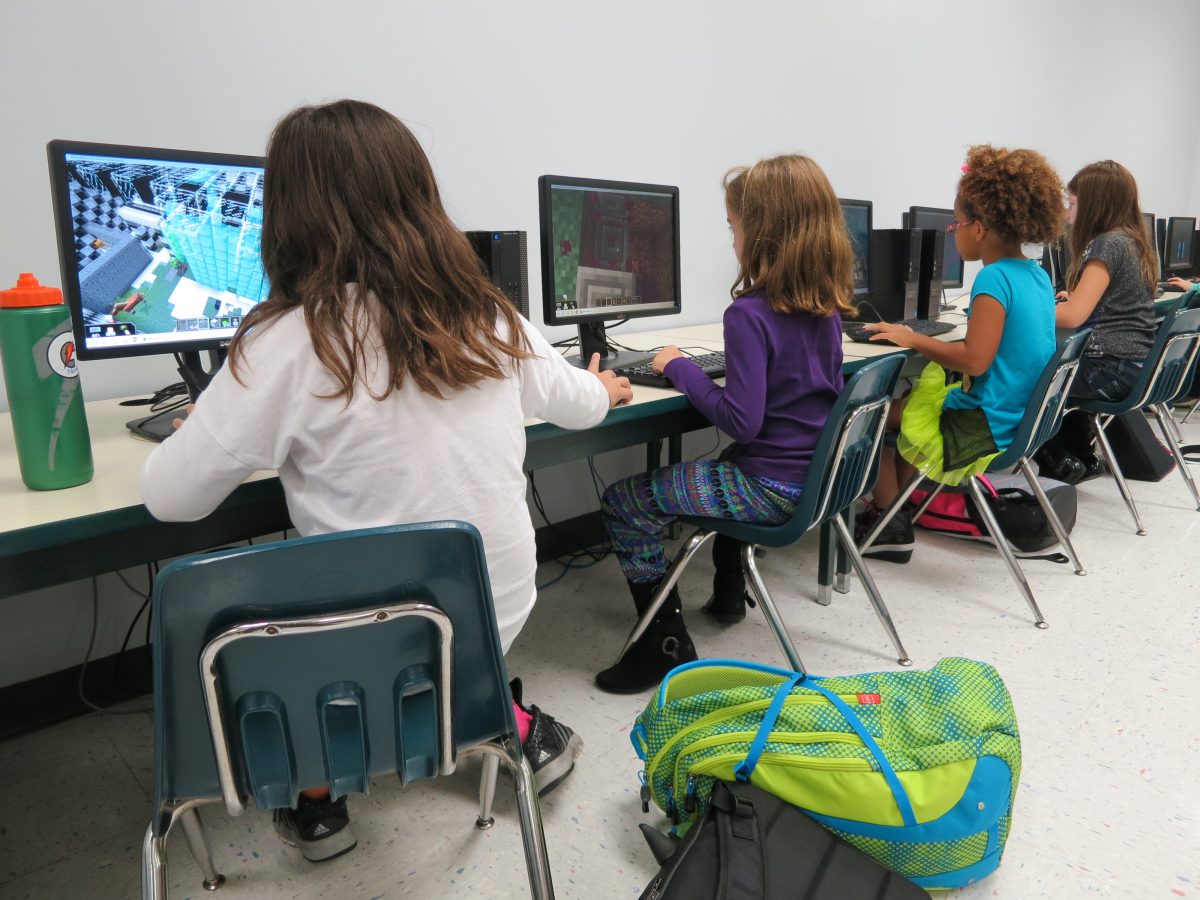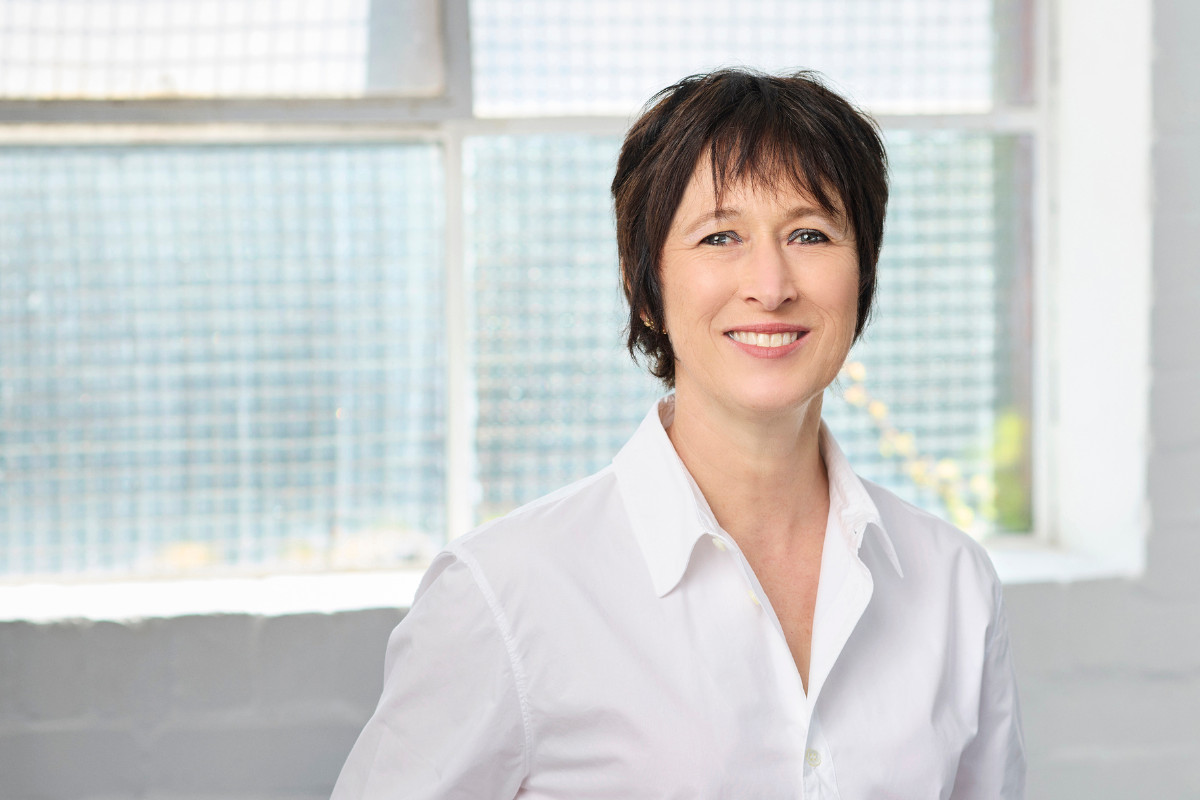
The policies of both major political parties now include banning children from social media. These plans fail to recognise the ample evidence for why such a ban is unworkable, how it will produce severe flow-on complications, and why it will harm rather than help children in their development into adulthood. The ARC Centre for Excellence for the Digital Child has developed a series of protocols aimed at protecting children while also developing their skills in navigating a digital world that grows ever more complex and important by the day.
In floating their plan, the government is responding to a widespread moral panic about the effects of social media on children’s wellbeing. Much of this can be traced to popular books like Jonathan Haidt’s The Anxious Generation, which claim that social media are affecting children’s mental development – but the evidence to support such claims is severely lacking. To be clear: there certainly is angst, incivility, and abuse on social media platforms – but there is plenty of hope, social connection, and support here as well. In this, social media reflect Australian society at large.

Consider that teenagers today are likely to have lived through the Great Financial Crisis, the COVID-19 pandemic, wars in Europe and the Middle East, and a worsening climate crisis. As Candice Odgers writes in Nature, it would be nice to just blame social media as ‘a simple source for the sadness and pain that this generation is reporting’, but the reality is considerably more complex.
Their parents, too, have experienced this same accumulation of crises, with the added challenge of bringing up children in these troubled times. That 60% of Australians surveyed support the idea of a social media ban speaks more to our desire to simply wish all of these problems away than to a sound approach to policy-making.
Precisely what ‘social media’ would be included in any ban remains unclear: would it only include Facebook, Instagram, and TikTok, or also the many smaller platforms, and spaces with a social component like Minecraft, and other games?
The hasty announcements from state and federal politicians about the bans also comes ahead of the Joint Select Committee on Social Media and Australian Society which is still deliberating and has yet to release its findings. For all the well-documented flaws with that Committee’s equally broad and vague terms of reference, and its rather selective approach to hearing evidence, it would be prudent to wait until the Committee has had a chance to report before drafting legislation that would impact not only children but also every user of social media.
Any rushed or underdeveloped proposals will quickly run into a range of practical and conceptual issues, starting with the very basic question of how such a ban would be implemented. Ultimately, any age verification process must inevitably hand more data to those platforms themselves, or to third-party providers handling the verification process. At worst, this means that we all will be forced to declare our age to Mark Zuckerberg, Elon Musk, and the other platform barons; at best, that information will live in someone else’s database, with all the privacy concerns that this process implies.
And yes: we all will be forced to do this. There is no way to verify the ages only of a subset of social media users, especially where that subset is itself inherently defined by age – so all Australian social media users will be forced to provide this information in order to remain active on those platforms. Advice to the eSafety Commissioner released under FOI (and reported in The Guardian) last year notes that ‘no country in the world has solved this problem (of suitable age verification platforms)’.
Why the focus on ‘getting kids off social media’?
These and other attempts to ‘get kids off social media’ risk doing considerably more harm than good overall. While there clearly are problems with social media overuse as well as abuse and exploitation targeting children on social media platforms, social media have also become crucial tools for young people to build community and find support as they develop and explore their own identities. Removing this from their lives severely affects their personal development at a critical point in their adolescence.
People who want kids to spend less time on social media and “more time exploring the world” miss the point that for young people today, social media provide a crucial space for exploring the world and developing social skills. A childhood without social media might prepare them well for the analogue world of their grandparents’ time, but will not and cannot enable them to become active and engaged young citizens of 2020s and 2030s Australia.
Instead, the conversation we should be having pertains to how we can make more age-appropriate online experiences for children of different ages and stages. Children have a right to be online under UN General Comment No. 25 which takes the Articles listed in the 1989 UN Convention on the Rights of the Child and applies them to the digital environment.
These rights include:
- children’s right to access and share information (Article 13)
- the right to meet and interact with other children and young people (Article 15)
- the right to privacy, even from their families (Article 16)
- the right to access ‘reliable information from the media’ (Article 17)
- and the right to relax, play and participate in leisure activities (Article 31).
Although many online spaces, including social media, are not designed with children’s best interest in mind, these online spaces still afford many children and young people a means to exercise these rights.
Instead of attempting to legislate how to exclude children from social media, efforts should be going towards incentivising and regulating tech companies into developing high-quality digital experiences for children.
The Internet is not going anywhere — how can we improve children’s experiences?
In recent years, one approach to improving children’s experiences online has seen several jurisdictions around the world introduce age-appropriate design codes to help regulate the collection and use of children’s data and safeguard their privacy online. This includes, for example, the UK’s Age Appropriate Design Code and the California Age-Appropriate Design Code. In parallel to these regulatory approaches are design codes such as eSafety Commissioner’s Safety by Design and the 5Rights Foundation’s Child Rights by Design.
These types of design codes focus on providing clear guidance to tech companies on best practices for designing children’s digital experiences. They recognise that evidence-based approaches are paramount, and include considered consultation with children and families. Foremost, these standards-based codes and regulations aim to improve the way the digital world is designed and operates for children and young people. Australia ought to look to such models to address concerns about children’s online experiences.

While the political and public debate about children’s access to social media appears to frame an age-assurance mechanism as the only solution, the Australian Research Council Centre of Excellence for the Digital Child has published its Manifesto for a better Children’s Internet which outlines the ways we can think about the Children’s Internet. The Manifesto draws on interviews with leading national and international experts on children’s digital media, and maps the current state of global research. It presents 17 actional principles that government, industry, educators, and wider civil society can take to create high-quality, safe, and age-appropriate experiences for children, including:
- Less focus on protecting children from the digital environment (excluding them) and more focus on protecting them within the digital environment.
- Full transparency and minimisation of data being collected from children and avoiding the commercialisation of children’s data.
- Better mechanisms for age-appropriate access and use of products and services for children and families.
It is useful to think about all the various digital products, services, and content that children access. These products include both things “made for” them as well as those not made for children but likely accessed by them, like social media. The success of ‘Children’s Television’ tells us that government financing of an equivalent ‘Children’s Internet’ would be highly beneficial to children’s growth and development.
Children’s online experiences are a public good worth investing in – both financially, through government schemes, and through regulatory mechanisms like classification systems to assist parental guidance. Rather than banning children from digital experiences, we should be addressing parental concerns by committing financially to the development of the Children’s Internet.
The creation of a safe, educational, and enjoyable Children’s Internet starts with taking children’s needs and wants seriously, not with selectively banning certain age groups from social and digital media in a knee-jerk reaction to moral panics fanned by media desire for clicks or profit.
The second principle outlined in the Manifesto calls for the development of quality standards for age-appropriate entertainment and educational products and services for children. Governments, industry, educators, and researchers must work together to develop public consensus about high-quality ‘Children’s Internet’ products for children of different ages. Once developed, these quality standards should be endorsed by the government and widely implemented by tech companies, with particular emphasis on ensuring their transparency and accountability.
It is important to work with young people and their caregivers to improve their online experiences, not against them by pushing such experiences underground.



